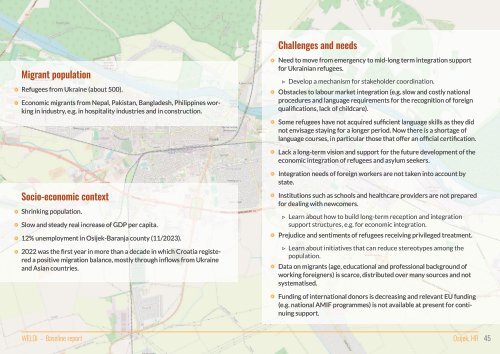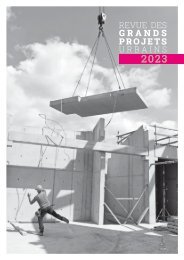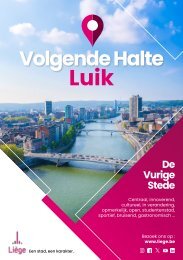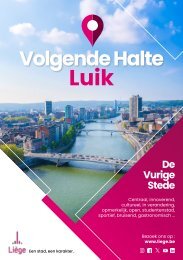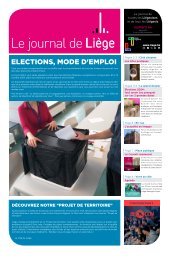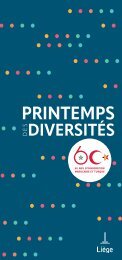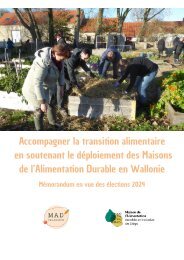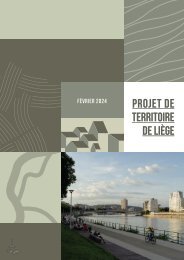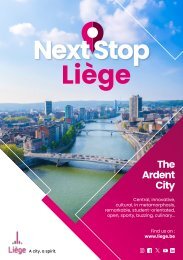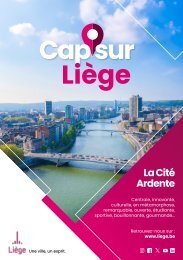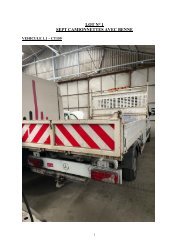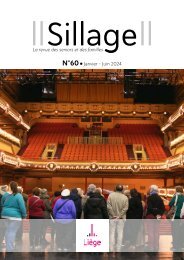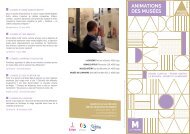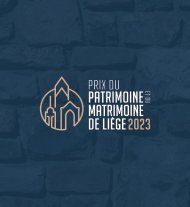Create successful ePaper yourself
Turn your PDF publications into a flip-book with our unique Google optimized e-Paper software.
Challenges and needs<br />
Migrant population<br />
Refugees from Ukraine (about 500).<br />
Economic migrants from Nepal, Pakistan, Bangladesh, Philippines working<br />
in industry, e.g. in hospitality industries and in construction.<br />
Need to move from emergency to mid-long term integration support<br />
for Ukrainian refugees.<br />
▷ Develop a mechanism for stakeholder coordination.<br />
Obstacles to labour market integration (e.g. slow and costly national<br />
procedures and language requirements for the recognition of foreign<br />
qualifications, lack of childcare).<br />
Some refugees have not acquired sufficient language skills as they did<br />
not envisage staying for a longer period. Now there is a shortage of<br />
language courses, in particular those that offer an official certification.<br />
Lack a long-term vision and support for the future development of the<br />
economic integration of refugees and asylum seekers.<br />
Integration needs of foreign workers are not taken into account by<br />
state.<br />
Socio-economic context<br />
Shrinking population.<br />
Slow and steady real increase of GDP per capita.<br />
12% unemployment in Osijek-Baranja county (11/2023).<br />
2022 was the first year in more than a decade in which Croatia registered<br />
a positive migration balance, mostly through inflows from Ukraine<br />
and Asian countries.<br />
Institutions such as schools and healthcare providers are not prepared<br />
for dealing with newcomers.<br />
▷ Learn about how to build long-term reception and integration<br />
support structures, e.g. for economic integration.<br />
Prejudice and sentiments of refugees receiving privileged treatment.<br />
▷ Learn about initiatives that can reduce stereotypes among the<br />
population.<br />
Data on migrants (age, educational and professional background of<br />
working foreigners) is scarce, distributed over many sources and not<br />
systematised.<br />
Funding of international donors is decreasing and relevant EU funding<br />
(e.g. national AMIF programmes) is not available at present for continuing<br />
support.<br />
<strong>WELDI</strong> - Baseline <strong>report</strong> Osijek, HR 45


